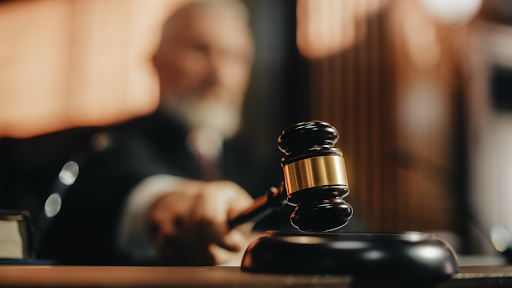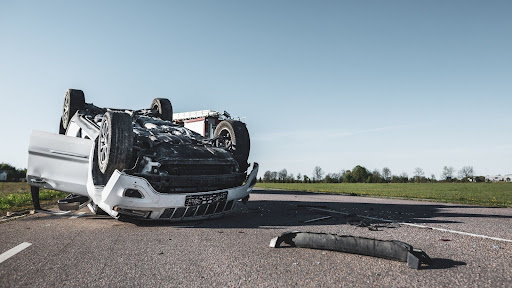Car accidents can be distressing and overwhelming experiences, often leaving those involved in a state of shock and confusion. In the aftermath of a collision, it’s crucial to take appropriate steps to ensure your safety and protect your legal rights. One of the most important actions to take is to call the police.
Ensuring Safety
The immediate aftermath of a car accident can be chaotic. There might be injuries, traffic congestion, and damaged vehicles blocking the road. Calling the police ensures that trained professionals are on their way to the scene to manage traffic, secure the area, and provide assistance to anyone injured. Their presence helps prevent further accidents and injuries as they can set up roadblocks or redirect traffic to keep everyone safe.
Medical Attention
Even if you believe you’re not seriously injured, certain injuries might not be immediately apparent. The adrenaline and shock you experience after a collision can mask pain or symptoms. When you call the police, emergency medical services can also be dispatched to the scene. Paramedics can assess your condition and provide medical attention, should you need it. Prompt medical attention is essential to catch any internal injuries or complications that might arise later.
Documenting the Accident
Police officers are trained to document accidents thoroughly and impartially. When you call the police, they will arrive at the scene and create an official police report. This report includes critical details such as the date, time, location, weather conditions, and a description of how the accident occurred. Having an official record of the accident can significantly benefit you during insurance claims or legal proceedings.
Determining Fault
One of the most critical aspects of handling any car accident is determining who is at fault. Insurance companies rely heavily on this information to decide how to process claims. The police report will include statements from all parties involved, witness accounts, and their own observations. This comprehensive documentation helps establish a clear picture of what happened, making it easier to assign responsibility accurately.
Insurance Claims
Filing an insurance claim is a natural step after a car accident. Insurance companies require evidence and documentation to process claims efficiently. The police report acts as an objective document detailing the circumstances of the accident. This can prevent disputes with the other party involved and expedite the claims process, ensuring you receive the compensation you’re entitled to.
Legal Protection
In some cases, minor accidents can escalate into legal battles over time. If the other party involved decides to pursue legal action against you or if you need to take legal action yourself, having a police report can be invaluable. It provides an unbiased account of the events and can serve as evidence in court, strengthening your position and protecting your rights.
Hit & Run Incidents
Unfortunately, hit-and-run accidents are not uncommon. If you’re the victim of a hit-and-run, contacting the police immediately is essential. They can gather evidence, interview witnesses, and work to identify the responsible party. Without police intervention, hit-and-run cases can be much more challenging to resolve, potentially leaving you to deal with the aftermath on your own.
Preserving Evidence
In the chaotic aftermath of an accident, it’s easy to forget to collect important evidence. Skid marks, vehicle positions, debris, and witness statements can all fade with time. When the police are called to the scene, they can preserve crucial evidence that might be vital later on. This evidence can be essential if the circumstances of the accident are disputed or if you need to take legal action.
Legal Requirements
In many jurisdictions, calling the police after a car accident is a legal requirement, especially if there are injuries, significant damage, or if the accident blocks traffic. Failing to report an accident can result in fines, penalties, or even criminal charges in some cases. To avoid legal trouble, it’s best to call the police and follow the proper procedures as soon as an accident occurs.
Peace of Mind
Lastly, calling the police after a car accident provides you with a sense of security and peace of mind. Knowing that trained professionals are on their way to handle the situation can alleviate stress during a challenging time. It allows you to focus on your well-being and the well-being of others involved, rather than worrying about the logistical and legal aspects of the accident.
Calling the police after a car accident is a crucial step that you should never skip to protect your health and your right to recover compensation. If you have been involved in a car accident, contact Lowe Law Group for expert legal advice and representation.







